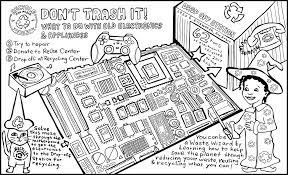 For more information on the topic of Green IT, check out the University of Michigan’s Center for Sustainable Systems' Green IT Factsheet.
For more information on the topic of Green IT, check out the University of Michigan’s Center for Sustainable Systems' Green IT Factsheet.
The curated collection below contains 10 videos, 2 podcasts and 2 games/activities. To access the resource, click on the image below the resource title.
Videos:
Electronic Gadgets
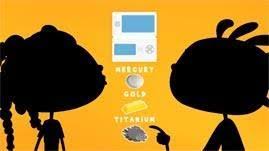 Grade Levels: K-5
Grade Levels: K-5
Duration: 2 minutes 7 seconds
Description: This video from Loop Scoops, provided by PBS LearningMedia, discusses the components that make up many electronic devices. Students will learn how far the parts in a video game have to travel before they are put in a gaming device and what metals are present in gaming devices. They will also discover that many gaming devices are disposed of irresponsibly, leading to toxins entering the environment.
Eco Electronics
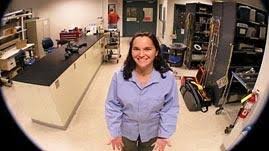 Grade Level: 3-8
Grade Level: 3-8
Duration: 2 minutes 36 seconds
Description: This video from PBS LearningMedia follows engineer Erin Gately as she takes apart an HP printer to see what materials in it are recyclable. Students will learn how Erin’s job allows her to prototype more environmentally friendly printers.
Energy 101: Energy Efficient Data Centers
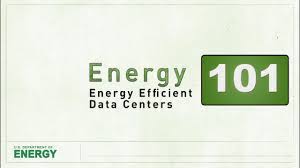 Grade Level: 3-12
Grade Level: 3-12
Duration: 2 minutes 52 seconds
Description: This video from the U.S. Department of Energy covers the energy consumption of data centers and the practices of data centers that use energy efficiently. Students will learn the differences between energy-efficient data centers and standard data centers.
What to do with old electronics and appliances
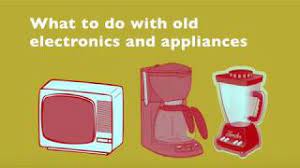 Grade Level: 3-12
Grade Level: 3-12
Duration: 1 minute 36 seconds
Description: This video from Recycle Ann Arbor discusses the options for dealing with e-waste. Students will learn that repairing electronics is always the best option. Students will learn that, when repair is not possible, electronics should be taken to an e-waste drop-off station and not thrown in the regular trash can to prevent toxic chemicals from entering the environment.
How Much Energy Does the Internet Use? | Hot Mess
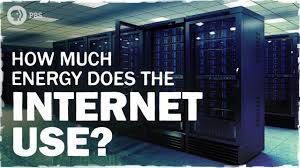 Grade Level: 4-12
Grade Level: 4-12
Duration: 3 minutes 59 seconds
Description: This video from Hot Mess by PBS Digital Studios discusses how much energy it takes to power the Internet. Students will learn about the environmental benefits of using the Internet, such as reduced greenhouse gas emissions, telecommuting, and more energy efficient data centers. Note: Content ends after 3 minutes and 24 seconds.
What’s a smartphone made of? - Kim Preshoff
 Grade Level: 4-12
Grade Level: 4-12
Duration: 4 minutes 55 seconds
Description: This video from Ted-Ed by PBS Digital Studios discusses the elements and materials that are used to manufacture a typical smartphone. Students will learn about the rare earth elements and precious metals that make up smartphones, as well as the environmental impacts of extracting these elements from the earth.
Watchdog group tracks what really happens to your ‘recycled’ e-waste
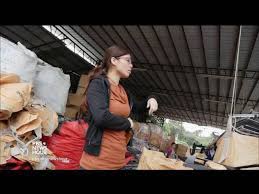 Grade Level: 6-12
Grade Level: 6-12
Duration: 7 minutes 58 seconds
Description: This segment from PBS NewsHour follows the path of e-waste to reveal that most e-waste is not recycled safely and explains how an e-waste watchdog group used GPS systems to track e-waste. Students will learn about the toxicity of e-waste and the unregulated e-waste market in Hong Kong.
Power, Pollution and the Internet
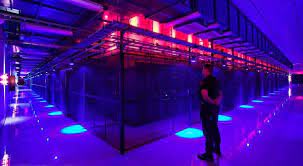 Grade Level: 9-12
Grade Level: 9-12
Duration: 8 minutes 32 seconds
Description: This video from the New York Times discusses how the Internet contributes to pollution and climate change by giving viewers a tour of a data center. Students will learn that data centers require a vast amount of energy sourced from fossil fuels. Note: This video freezes from 5 minutes and 34 seconds and resumes at 6 minutes 6 seconds.
Keeping e-waste workers healthy and safe
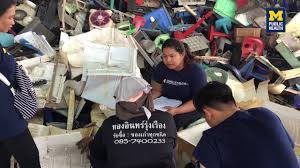 Grade Level: 6-12
Grade Level: 6-12
Duration: 2 minutes 17 seconds
Description: This video from the University of Michigan School of Public Health discusses the unsafe working conditions for many e-waste recyclers. Students will learn about a project directed by the School of Public Health where University of Michigan students visited Thailand to learn about and improve the health and working conditions of e-waste recyclers.
Kenya takes on e-waste problem with new recycling hub
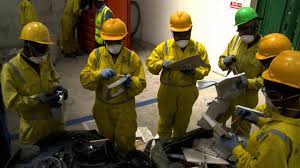 Grade Level: 6-12
Grade Level: 6-12
Duration: 7 minutes 21 seconds
Description: This video from PBS NewsHour explores how Kenya is profiting from e-waste while recycling it responsibly. Kenya serves as an example of how developing countries can safely and humanely deal with the problem of e-waste.
Podcasts:
Searching The Planet To Find Power For The Cloud
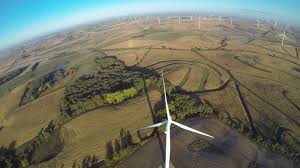 Grade Level: 6-12
Grade Level: 6-12
Duration: 4 minutes 31 seconds
Description: This NPR segment explains what the “cloud" and data centers are. Students will learn about Facebook's energy-efficient data center in Lulea, Sweden, which runs on hydroelectricity and also describes the 2014 construction of another energy-efficient data center in Iowa powered by wind turbines.
How Our Clicks Cost the Planet: The Internet, Climate Change, and Human Rights (with Michael Oghia)
Grade Level: 9-12
Duration: 28 minutes 9 seconds
Description: This episode of the Rights Up podcast from Oxford University discusses the impacts of the Internet and technology on the planet. Students will learn that the Internet uses a lot of energy and that how we currently use the Internet is unsustainable. Additionally, students will learn about the human rights concerns associated with both mining the minerals that make up electronic devices and recycling these devices at the end of their lifespans.
Games/Activities :
Electronics Coloring Page Recycle Ann Arbor
Grade Level: Pre-K-3
Duration: 10-20 minutes
Description: This coloring page from Recycle Ann Arbor helps students to learn about e-waste. It includes a fun maze and offers students tips on what to do with old electronic devices.
Salvage
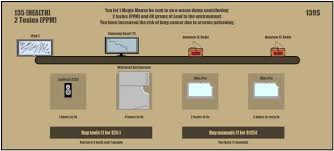 Grade Level: 6-12
Grade Level: 6-12
Duraiton: Varies
Description: In this challenging computer game, students are tasked with fixing e-waste without letting toxins enter the environment. Students will learn facts about e-waste and the importance of recycling and repairing e-waste.

